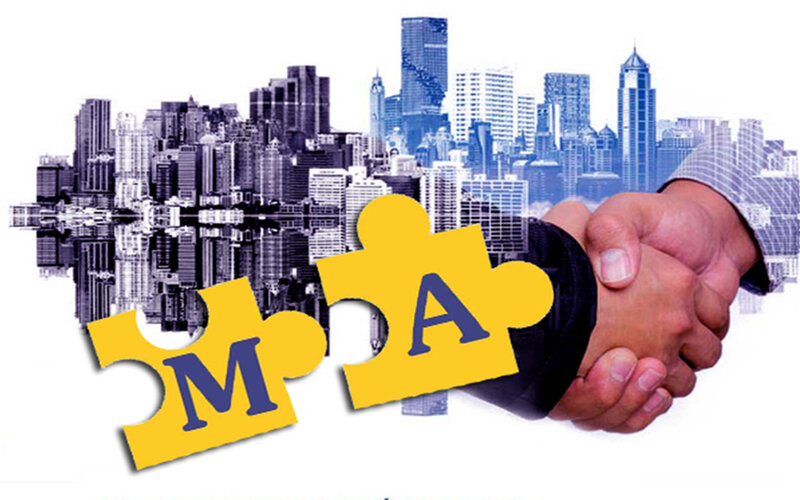In M&A transactions, confidentiality plays an important role in avoiding uncontrolled risks and establishing a competitive process that, on the one hand, allows the client to maintain negotiating leverage and maximize value and, on the other hand, ensures the best deal outcome.
Non-disclosure agreement – NDA
Non-disclosure agreement – NDA is a legally binding contract that establishes a close relationship between Parties in a M&A deal. The party or signatories agree that sensitive company information it obtains will not be provided to any other third party. So that NDA constitutes the first line of defense when confidential information is requested by potential investors, the disclosure of which, if not strictly limited, could expose the customer to the infringement of sensitive company data.
Confidential information can be negotiations, agreements on transfer prices, human liabilities, financial obligations, partners, company development strategy process,… If this information is disclosed, it will have adverse consequences for the seller of capital when the buyer no longer buys or is used for its own benefit.
Notes for confidentiality in the M&A process
- Use the Right People – During a M&A process, there will be the sharing and transfer of a vast amount of information between Parties, so it is important that you trust the people who will have access to that information, much of it confidential and sensitive. Therefore, anyone who is allowed to view such sensitive data must be vetted.
- Make Best Use of Technology – It is important that companies retain control over their data, and in any M&A, where there will be many sensitive documents, it is necessary to use a highly secure solution that utilises appropriate technologies such as multi-factor authentication, encryption and certified data servers.
- Implement Safeguards – Trust and technology will not be enough to keep important data confidential. It will be necessary for organisations to institute specific policies and procedures with respect to data management and security. Parties should have a coherent strategy, and it is critical that all personnel are effectively trained with regard to the company’s data security goals and expectations. In addition, the tone from the top must be clear and all levels of the company must be clear as to the planned strategy and act accordingly.
- In the end the most effective way to maintain confidentiality is to control the flow of information. However, M&A deals are fast-moving and often founded on trust, but as we have discussed that does not mean that certain measures should not be taken to ensure that closely guarded information stays secret. In fact, confidentiality need not stymie the process or breed suspicion. Indeed, a thoughtful and transparent approach will not only protect disclosures but ultimately facilitate a deal, bringing more focus and calculation to the proceedings.
Mentioned-above is a consulting article on “Confidentiality in M&A process” by Apra Law Firm. If you have any questions about this issue, please do not hesitate to contact us via hotline for advice and support.
________________________________
For more information, please contact:
APRA LAW FIRM
Address: 7th Floor, 57 Tran Quoc Toan, Tran Hung Dao Ward, Hoan Kiem District, Hanoi City, Vietnam.
Email: info@apra.vn
Hotline : 024.23486234 – 0948495885
